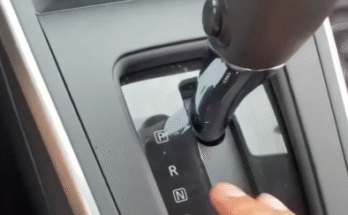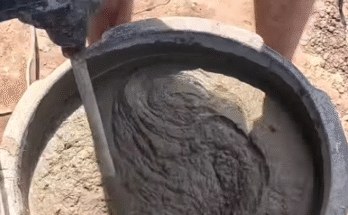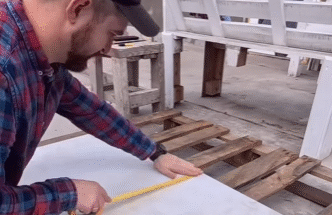


Bringing a new life into the world is a profound and life-changing experience, but what often doesn’t get enough attention is the emotional toll it can take on both parents. Postpartum depression (PPD) is more common than many realize, and navigating marital challenges during this vulnerable time can be incredibly difficult. That’s why we are beyond excited to welcome our very first guests, Josh and Savannah, to share their powerful story about overcoming postpartum depression and strengthening their marriage in the process.
Meet Josh and Savannah
Josh and Savannah have been married for six years and recently welcomed their second child. While they were overjoyed with the arrival of their baby, they soon found themselves facing challenges they never anticipated. Savannah, like many mothers, struggled with postpartum depression, and their relationship was tested in ways they had never experienced before. Today, they’re here to share their journey, offer insights, and provide encouragement for other couples who may be going through similar struggles.

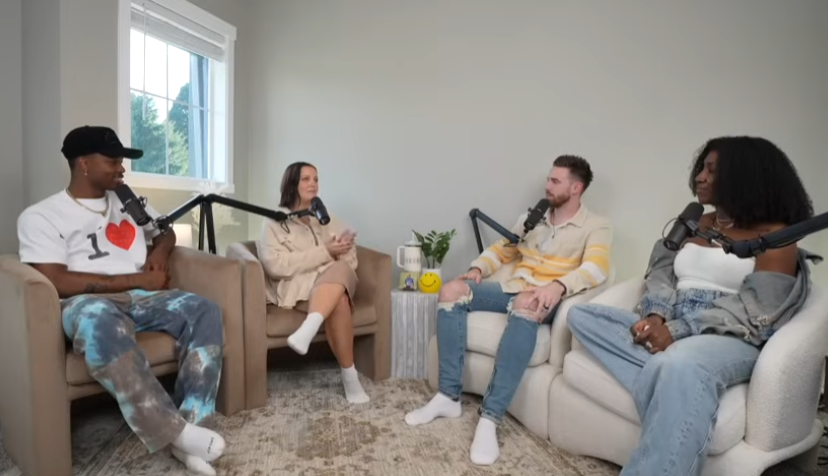
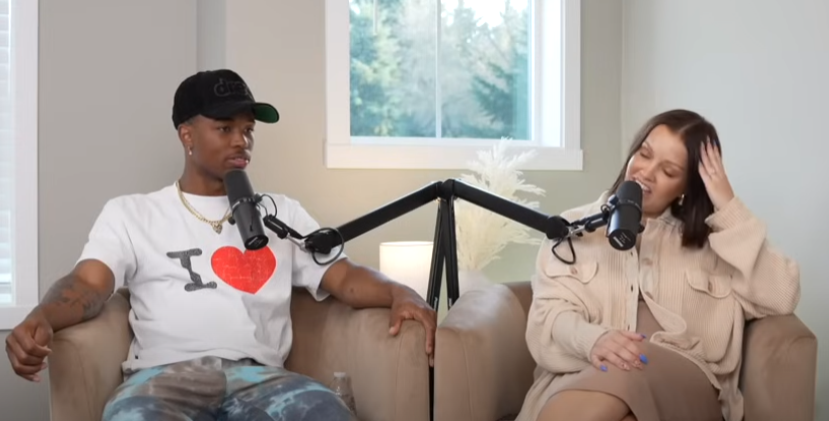
Understanding Postpartum Depression
Before diving into their personal story, let’s take a moment to understand what postpartum depression is. PPD is a serious mood disorder that affects one in seven new mothers. It goes beyond the typical “baby blues” and can include intense feelings of sadness, anxiety, exhaustion, and even detachment from the baby. While the focus is often on the mother, PPD can also impact partners and the overall dynamic of a marriage.
Josh admits that before Savannah’s experience, he didn’t fully understand postpartum depression. “I thought it was just exhaustion,” he says. “But it was much deeper than that. It affected her self-esteem, our communication, and even how we connected as parents.”
The Early Signs and Challenges
Savannah recalls that in the weeks following childbirth, she began feeling overwhelmed, emotionally drained, and disconnected. “I was supposed to be happy. Everyone around me kept telling me how beautiful this time was, but I didn’t feel that way at all,” she shares. “I felt like I was failing as a mom and a wife.”
For Josh, the hardest part was feeling powerless. “I wanted to fix it. I kept suggesting things, but nothing seemed to help. I started feeling like I was losing my wife to something I couldn’t understand.”
Their relationship suffered as communication broke down. Savannah withdrew emotionally, and Josh, feeling rejected and unsure of what to do, sometimes responded with frustration rather than empathy. “I felt like I was carrying everything alone,” he says. “The baby, the household, and trying to be emotionally supportive, but I was struggling too.”
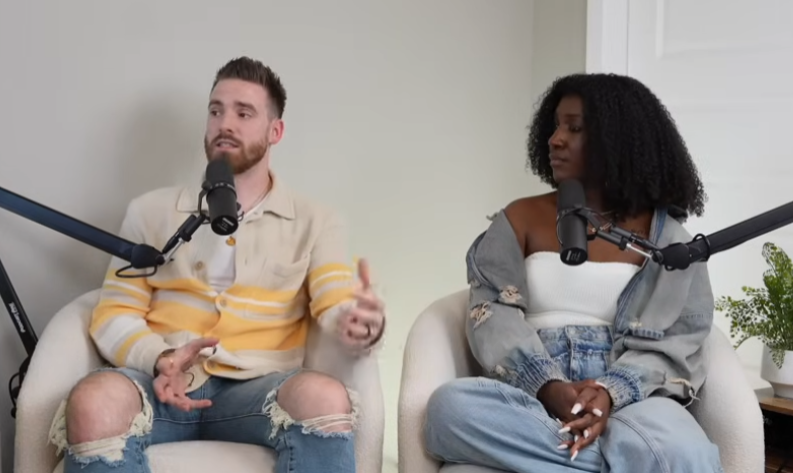

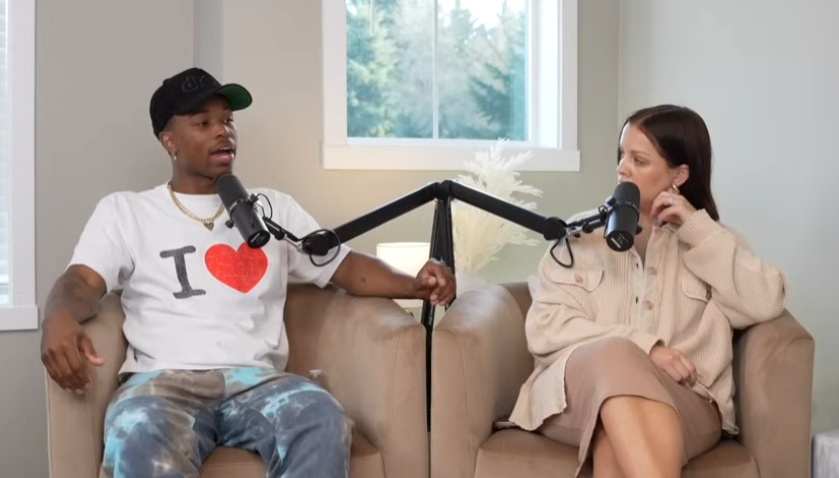
Seeking Help and Finding Support
The turning point came when Savannah confided in a friend who had also experienced postpartum depression. “She told me, ‘You are not broken, and you are not alone,’” Savannah recalls. That conversation encouraged her to seek professional help.
She reached out to her doctor and was diagnosed with PPD. With therapy, a supportive community, and open conversations with Josh, she slowly began to heal. “Therapy gave me the tools to express what I was feeling,” she explains. “And Josh started learning how to support me in ways that actually helped.”
For Josh, support groups for partners of those struggling with PPD provided him with valuable insights. “Hearing other dads say they felt the same way was a relief. It made me realize I wasn’t failing—this was just something we had to work through together.”
Rebuilding Their Marriage
As Savannah’s mental health improved, they focused on rebuilding their marriage. Here are some of the key steps they took:
- Prioritizing Communication – “We had to re-learn how to talk to each other,” Josh says. They set aside time each night to check in, even if it was just for a few minutes.
- Accepting Outside Help – They leaned on family and friends for childcare, allowing them to have necessary breaks and reconnect as a couple.
- Focusing on Small Gestures – “It wasn’t about grand romantic gestures,” Savannah shares. “It was about small, daily reminders that we were in this together.”
- Practicing Patience – Healing wasn’t instant, and both had to remind themselves that recovery takes time.
- Encouraging Each Other’s Well-being – Josh encouraged Savannah to take time for herself, and in turn, she made sure he also had space to recharge.
Advice for Couples Facing Similar Challenges
Josh and Savannah want other couples to know that it’s okay to struggle and that seeking help isn’t a sign of weakness. “The biggest mistake we made was trying to do it alone for too long,” Josh admits. “If we had reached out for support earlier, we could have avoided a lot of unnecessary pain.”
They encourage couples to educate themselves on postpartum depression, be patient with each other, and focus on open communication. “Marriage is about weathering storms together,” Savannah says. “And postpartum depression is one of those storms that you don’t have to go through alone.”
Final Thoughts
Having Josh and Savannah as our first guests has been such an enlightening experience. Their journey reminds us all that marriage isn’t just about love—it’s about resilience, teamwork, and unwavering support. If you or your partner are struggling with postpartum depression, know that help is available, and healing is possible.
To those listening or reading, what are your thoughts on this topic? Have you or someone you know faced similar challenges? We’d love to hear from you and continue this important conversation.

